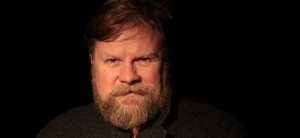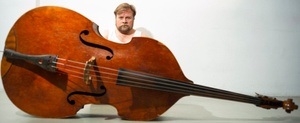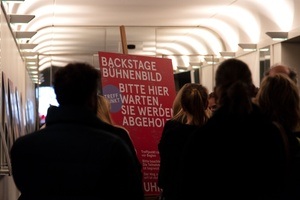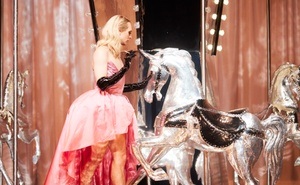DON GIOVANNI
In the organizer's words:
As long as he lives and breathes, Don Giovanni will not give up his pursuit of amorous adventures, even if his faithful servant Leporello has already cataloged hundreds of conquests. Donna Elvira is already a thing of the past, Donna Anna is surprised in her bedchamber and Zerlina is even to be seduced on her wedding day. But broken hearts, cuckolded husbands and disgraced fathers join forces to send the seducer to hell once and for all.
Alongside Faust and Don Quixote, Don Juan is one of the most important figures in European cultural history: as a seducer and rapist, lover and murderer all rolled into one, he has become an attractive myth that has been received thousands of times in all forms of art and has been reimagined time and again. As the archetype of the ladies' man, he fascinates young and old of both sexes and is soon a coveted dream and admired idol, soon an unscrupulous egomaniac and cruel demon. When Mozart and his librettist Lorenzo Da Ponte decided to adapt the well-known story, they already had a rich tradition to build on. A large number of Don Juan operas had been written in the 1780s, which meant that audiences were particularly keen on this subject, but also offered the opportunity to interpret the prominent figure in a new and more complex way. The dramaturgy of the opera was already remarkably innovative in that, although it was conceived and performed as a comic opera, it begins with a murder and ends with Don Giovanni's not undramatic descent into hell. In addition, the complex title character in Mozart's and Da Ponte's adaptation offers ample scope for interpretation. Although the opera was unable to repeat the triumph of its Prague premiere on October 29, 1787 during Mozart's lifetime, today it is undisputedly one of the most important works in the repertoire.











